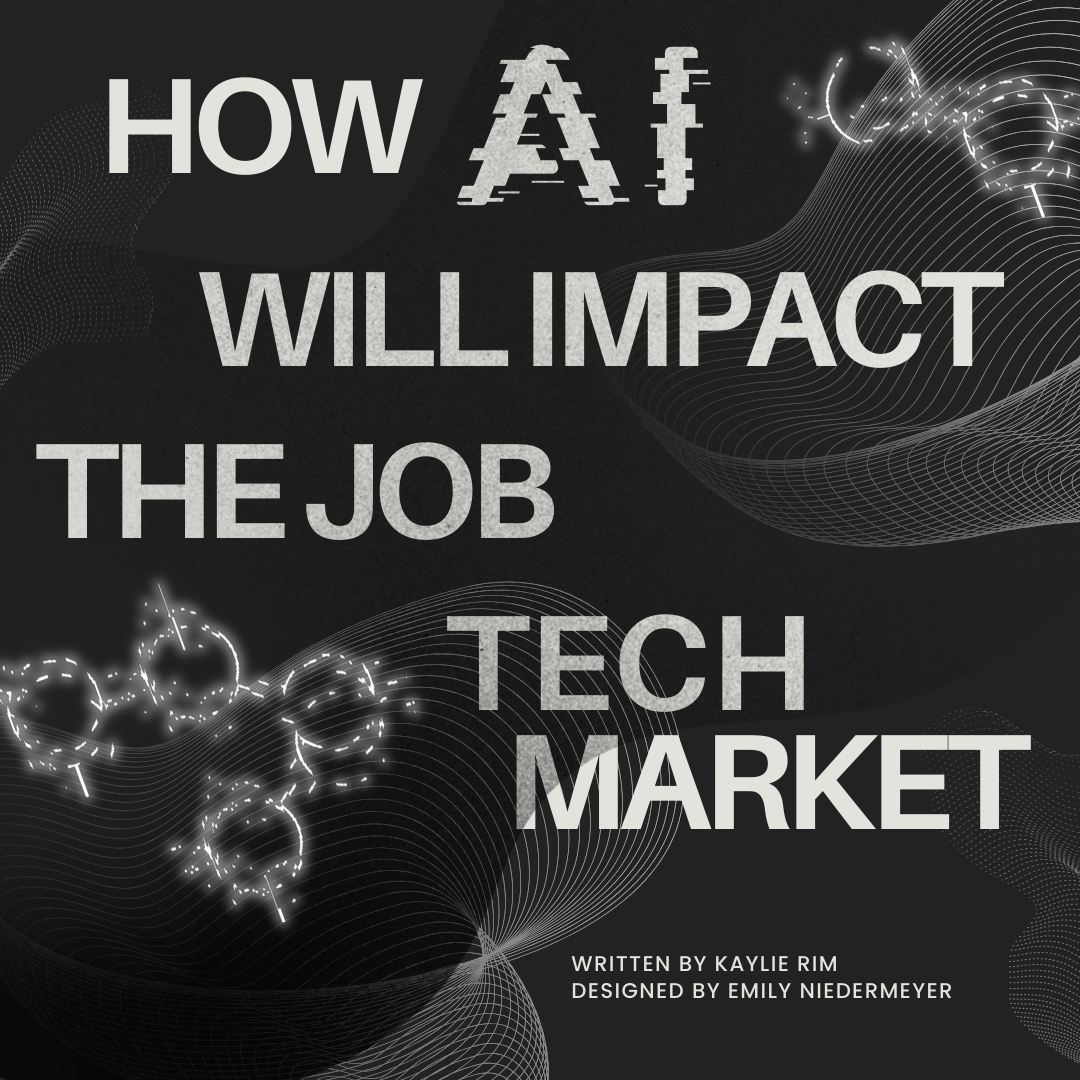
Artificial intelligence has integrated itself into (almost) every aspect of our lives. It’s in the autofill of our text messages and the emails we write. It’s our home system. It’s our online shopping assistant. With it comes endless possibilities. Some people have begun to wonder how this rise of artificial intelligence, or AI, will impact job markets. The use of the website DALL-E has artists doubting what constitutes creativity and what this means for the industry as a whole. Similarly, film writing is also taking a hit by AI. Screenwriters went to the streets of Fox Studios and protested against the use of AI in their industry. So, how does AI impact the field it was invented in? Is it a friend or a foe to upcoming graduates or students looking for co-ops?
While there is no way to predict the level of AI at a certain point in the future, there is a way to offset the anxiety by learning how AI is applied. Some articles claim AI only increases productivity and efficiency, while others claim AI will replace developers. The point of this article is to provide perspective based on research and personal experience.
How is AI used in the tech workforce?
My father, who has been in the tech industry for over 30 years, explained how generative AI improves the productivity of his coworkers. According to CNN, a survey of 500 developers showed over 90% of programmers use AI coding to their advantage. They use it to debug code, clean up code, test code, write documentation or even start a program from scratch. This allows for a more efficient worker, producing programs that might take a whole team to make. Programmers can focus more on problem-solving and abstraction rather than nit-picking and debugging.
Concerns
Even though AI is only used today to clean up code or automate mundane tasks, should we worry about the rate at which it is improving? What is its level of coding going to be when I apply for co-ops or graduate? Will I be competing with not only other applicants but also ChatGPT?
Addressing concerns
In a general sense, programmers are often (if not always) in demand. Forbes even says developers are job market royalty. It is a field that could be applied to anything because technology is in every aspect of our lives. So while AI is changing the way coders program, it does not necessarily decrease the need for them. If you think about how much technology can do, there is not much limiting it. In theory, the field will always grow.
Technology has always been something that has aided humans. One example is the calculator. The calculator did not replace mathematicians, it helped them. Moreover, generative AI pulls from existing information and regurgitates it. This limits the capabilities that experts already possess. In other words, generative AI is not innovative. According to Ines Montani, a member of the Python Software Foundation, there is more to programming than just writing code. It has a creative and design aspect to it.
Currently, I am taking a course called Object-Oriented Design, and everything about this course is not just meant to produce code that works, but also to produce code that runs efficiently, code that has been carefully thought through, where each part of its design has a unique purpose. According to Armando Solar-Lezama, an officer of MIT’s Computer Science and Artificial Intelligence Laboratory, this is an integral part of programming: knowing how to abstract and knowing how to organize code. This is not the level AI is operating on.
Of course, there is the opposing side. I have read many anecdotal stories about how developers are seeing the negative effects of AI in their workspace. If AI can help a single coder do their job 10 times faster, is that displacing nine people’s jobs? If AI can do this work for developers, does this change the barrier of entry? The barrier of entry will increase as the skill level of AI increases. However, the need for innovation will, if not grow even more, stay the same. As said before, this is something AI cannot achieve and cannot replace.
After researching how AI is implemented into the daily lives of coders today, playing with generative AI via code prompts and talking to my father, I am not worried about AI severely impacting my future job opportunities. It is not something I will rule out but as I know the capabilities of it now, the only thing I need to worry about is improving my skills. Again, it is up for interpretation. I am going to look at AI not as a threat, but as a partner and a tool.